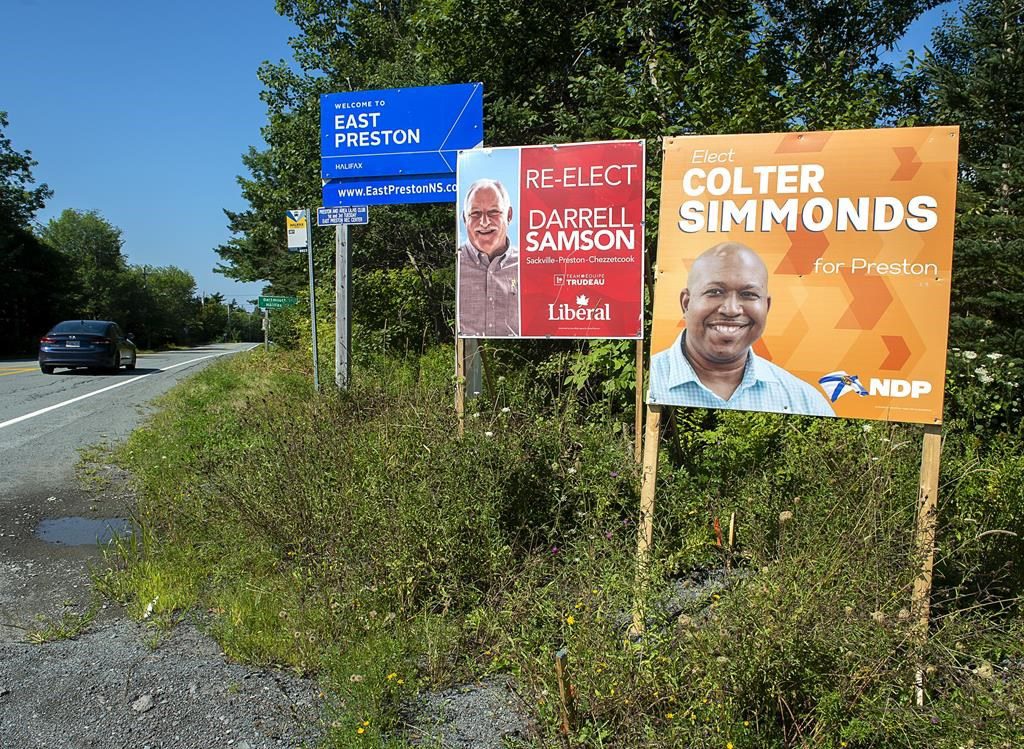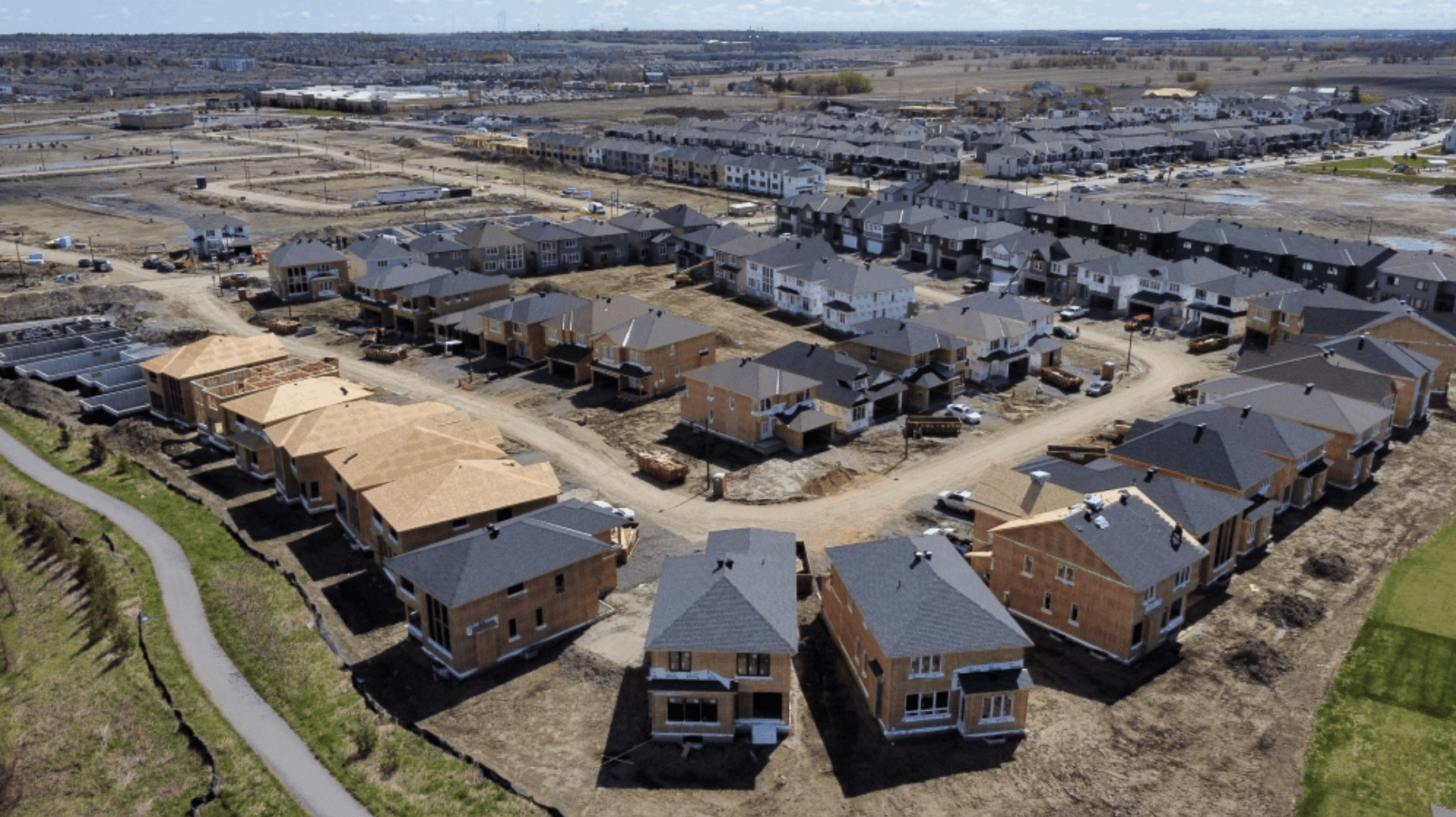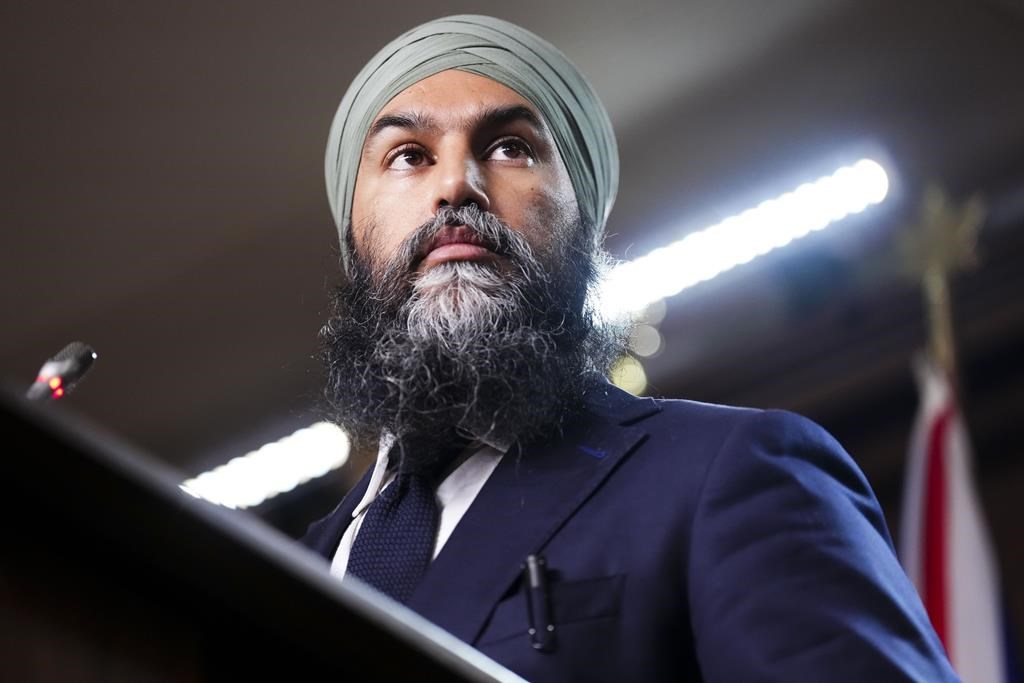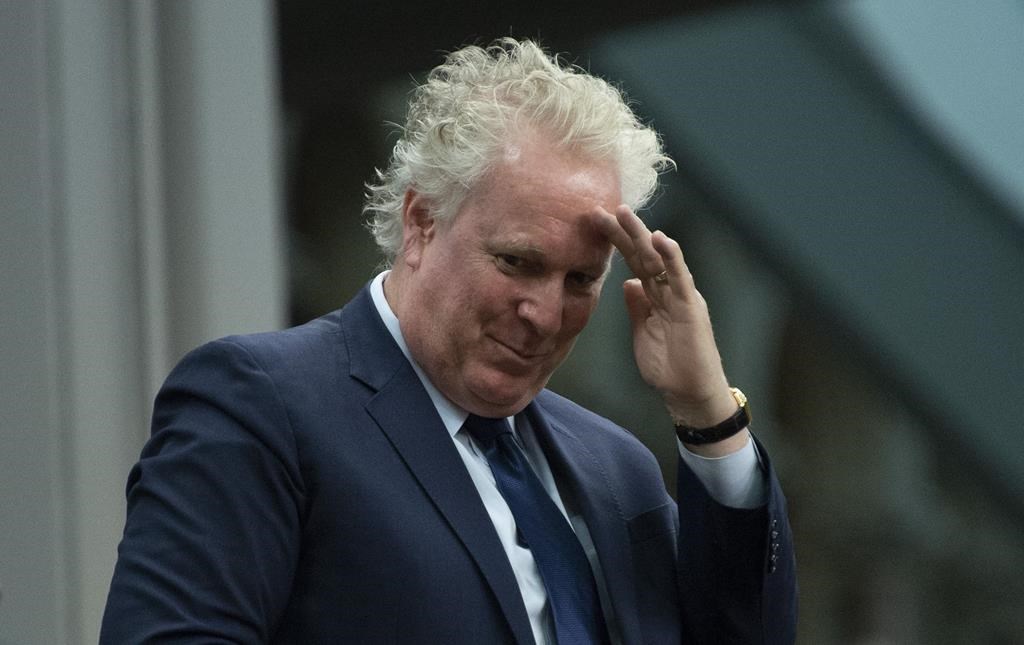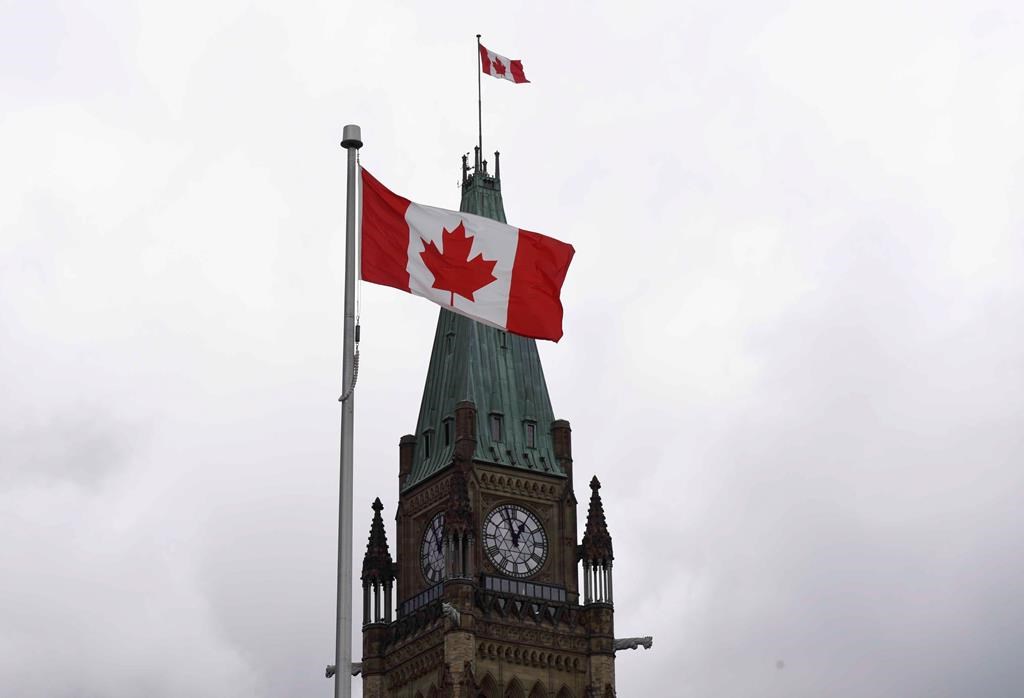“How many times have we heard blustering declarations from armchair critics and jaded pundits that proportional representation is most definitely, indisputably and irrevocably dead as a doornail? And yet, just as tulips gather strength beneath the frozen ground of winter, the electoral reform movement continues to grow deeper roots and gain momentum.” – Anita Nickerson and Gisela Ruckert of Fair Vote Canada, The Tyee, Feb. 2
I happened to come across the op-ed containing the above passage. It’s a good analogy of the tumultuous history involving Canada, proportional representation and other models of electoral reform.
Whenever there’s a close result or unusual anomaly, the first thing some Canadians start suggesting is an overhaul of our electoral system. “We need to abandon the first-past-the-post system,” they say, “and consider PR models like mixed-member proportional, alternative vote and the single-transferable vote.”
That’s what briefly happened after the Quebec election on Oct. 3, 2022.
Premier François Legault and Coalition Avenir Québec won 90 of the 125 seats with 40.98 percent of the popular vote. It’s the largest majority government in Quebec in decades. Yet, Legault’s triumph wasn’t the main reason why electoral reform became a popular topic of conversation. It was due to the fact that in spite of finishing fourth out of the five major parties in the popular vote, Dominique Anglade and the Liberals ended up forming the official opposition.
The Liberals won 21 seats with 14.37 percent popularity. In contrast, Gabriel Nadeau-Dubois and Manon Massé’s Québec solidaire won 11 seats with 15.43 percent, while Paul St-Pierre Plamondon’s Parti Quebecois won 3 seats with 14.61 percent. Eric Duhaime’s Conservative Party didn’t win any seats but earned 12.91 percent.
The result itself wasn’t surprising. The Liberals achieved a large voter concentration in anglophone ridings and won many of them. Clumps of votes were spread across the province for the other three parties and reduced their chances of winning more seats. Nevertheless, the fact that Quebec’s official opposition finished second in total seats and fourth in popularity was a pretty stark reminder of the weaknesses in our FPTP system.
Quebecers were initially a bit miffed. The provincial blood pressure went back to normal within a week. Politics as usual became the daily pleasure and/or grumble in la belle province. It’s doubtful many voters will vividly remember this strange political anomaly when they head back to the polls in 2026.
If you think that I’m mocking Canadians who support changes to our electoral process, you’re mistaken. I’m one of a few Conservatives who has spoken and written in favour of electoral reform for decades. (Other than a brief spell where I had second thoughts about PR and supported mandatory voting. This phase didn’t last long.)
Various countries have tried to create their own unique electoral systems since the end of the Second World War. The highest averages and largest remainders systems tended to be the most popular. The basic d’Hondt and LR-Imperiali electoral formulas were frequently used; they were the least proportional and often favoured large political parties. As Prof. Arend Lijphart noted in Electoral Systems and Party Systems (1994), these systems used lists of candidates that enabled voters to choose more than one preferred candidate for elected office.
The modified Sainte-Laguë system, which treated parties equally by increasing the first divisor from 1 to 1.4, thereby reducing the potential for smaller parties to win seats, also became popular. Several countries opted for the single transferable vote, in which a preferential vote for individual candidates was regularly used.
Canada’s two main parties, the Liberals and Conservatives, have historically supported FPTP or majoritarian system. Prof. Giovanni Sartori noted in Comparative Constitutional Engineering (1994) that countries using majoritarianism “seek a parliament that reflects the voting distributions; they seek a clear winner.” That’s what happens when a politician ends up winning a seat by either one vote or one million votes. The more politicians elected under a party banner, the greater the possibility of that party ultimately taking the reins of government.
Liberals and Conservatives are therefore quite content with FPTP, since it often works to their political advantage. If the system ain’t broke, why fix it?
The problem is the system has been broken for decades. FPTP isn’t representative of actual voter intentions. It largely discounts popular support, too. Only a handful of Canada’s federal governments have received 50 percent or more of the popular vote – Sir Wilfrid Laurier (1900, 1904), Sir Robert Borden (1917), William Lyon Mackenzie King (1940), John Diefenbaker (1958) and Brian Mulroney (1984). Many provincial governments have been elected with the support of less than 50 percent of the electorate.
There are several different electoral models that would produce results which are more fair and representative of voter intentions. This includes alternative vote/instant run-off voting, which has been used in countries like Australia, Ireland and India, and mixed-member proportional, which has been used in New Zealand, Bolivia and Germany’s Bundestag and several state elections.
Will electoral reform ever happen in Canada?
Prime Minister Justin Trudeau certainly seemed determined to eliminate FPTP at one stage. His support for a preferential ballot collapsed when it became clear it would have only benefited his party. How so? The Liberals traditionally rank high as a second choice alternative among Canadians. The Conservatives have core supporters on first choice ballots, but would get crushed as a second choice alternative. As for the NDP, Greens and other small progressive parties, they would likely get out-muscled by the Liberals for left-wing votes time and time again.
Maybe electoral reform just isn’t for the Great White North. Then again, the frozen winter months are over and the tulips are gathering strength once more.
Michael Taube, a long-time newspaper columnist and political commentator, was a speechwriter for former Canadian prime minister Stephen Harper.



